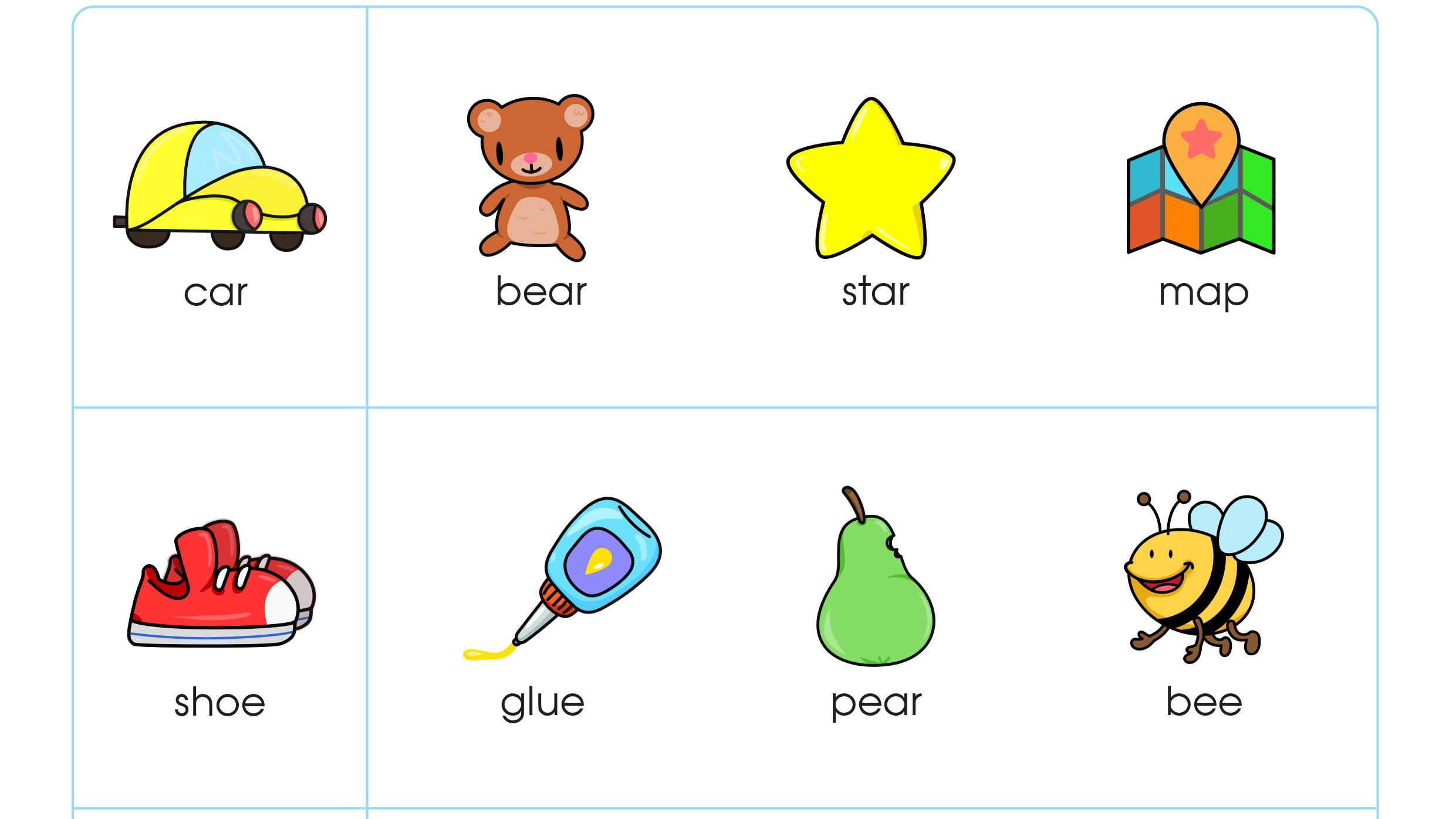Normal Rhyming Words Worksheets for Ages 4-9
16 filtered results
-
From - To
Unlock your child's creativity and literacy skills with our Normal Rhyming Words Worksheets, designed specifically for ages 4-9! These engaging worksheets encourage young learners to explore the joy of rhyming while enhancing their reading abilities. Each activity is crafted to spark imagination and promote language development through fun exercises and colorful illustrations. Whether in the classroom or at home, these resources are perfect for guiding children as they identify and connect rhyming words. Dive into the world of phonics and nurture your child’s confidence in reading. Start their exciting journey to becoming fluent readers today!
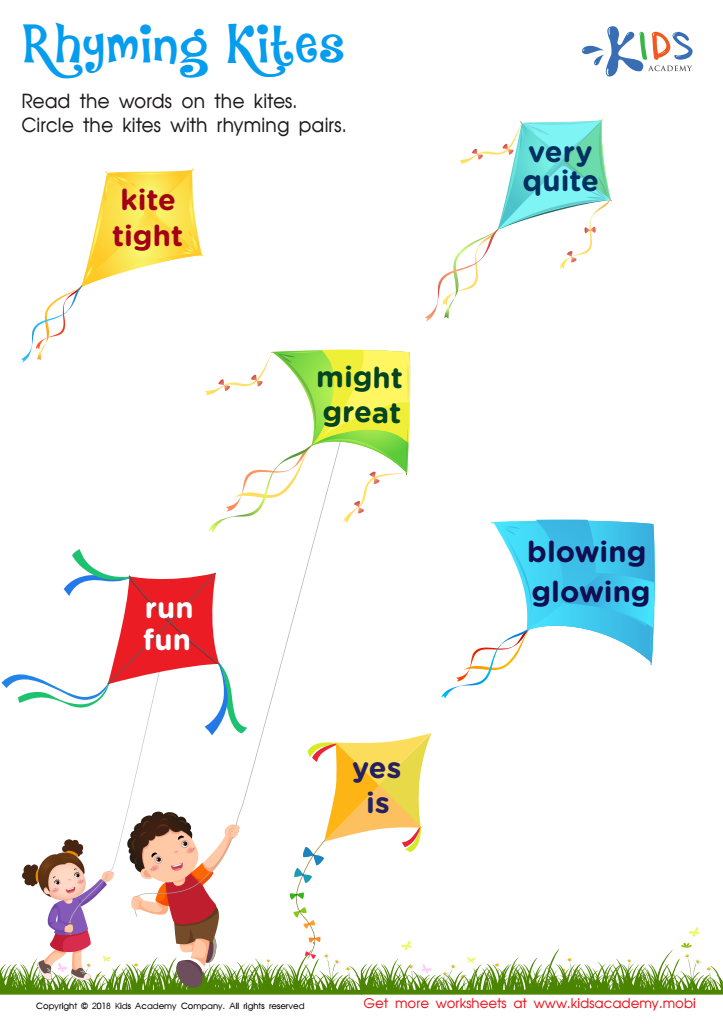

Rhyming Kites Worksheet
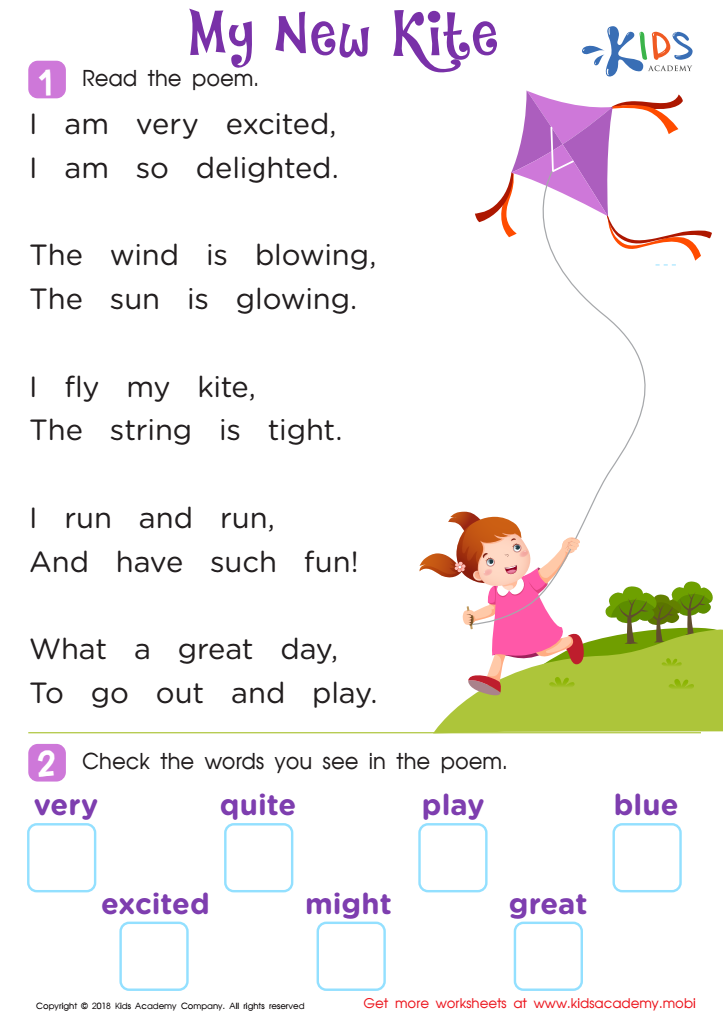

Poem: My New Kite Worksheet
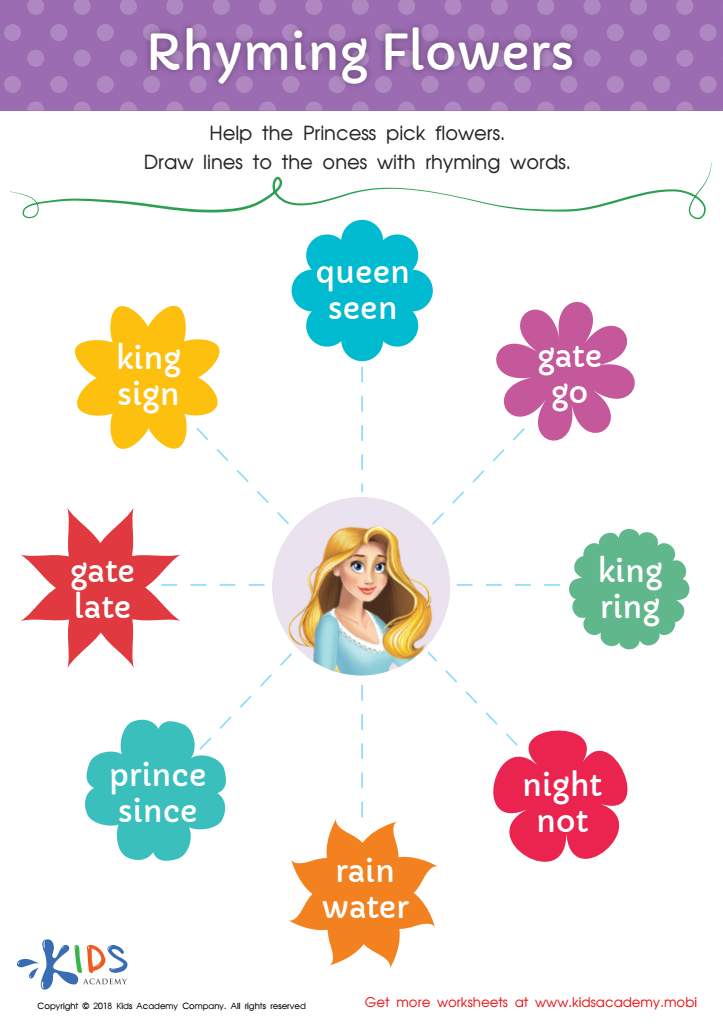

Rhyming Flowers Worksheet
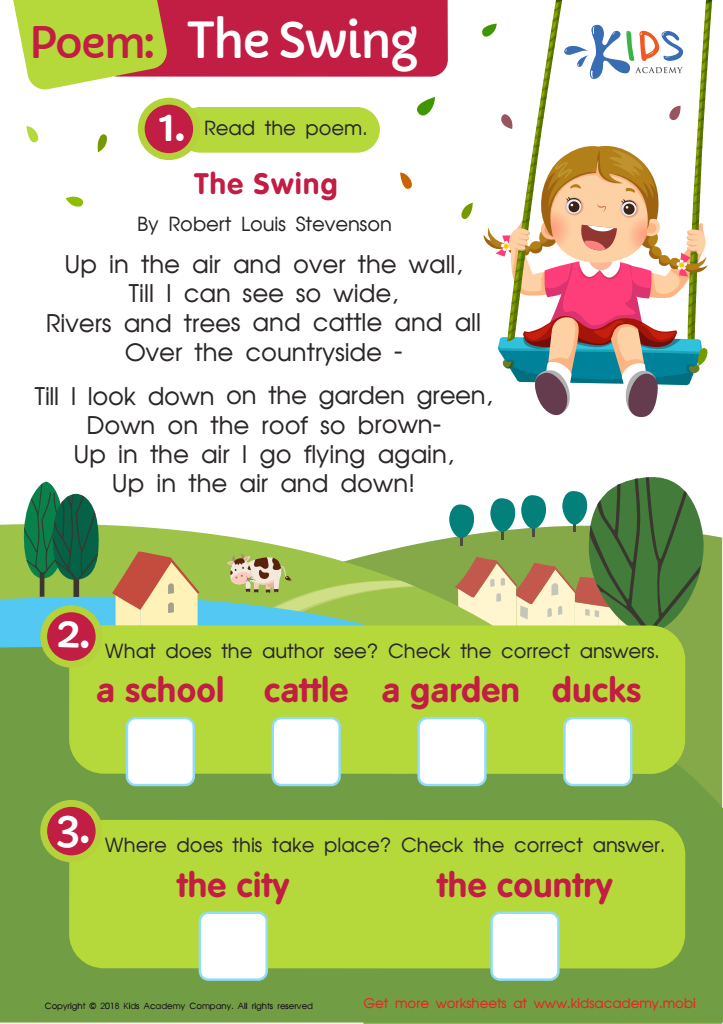

Poem: The Swing Worksheet


Rhyming Words Rhyming Worksheet
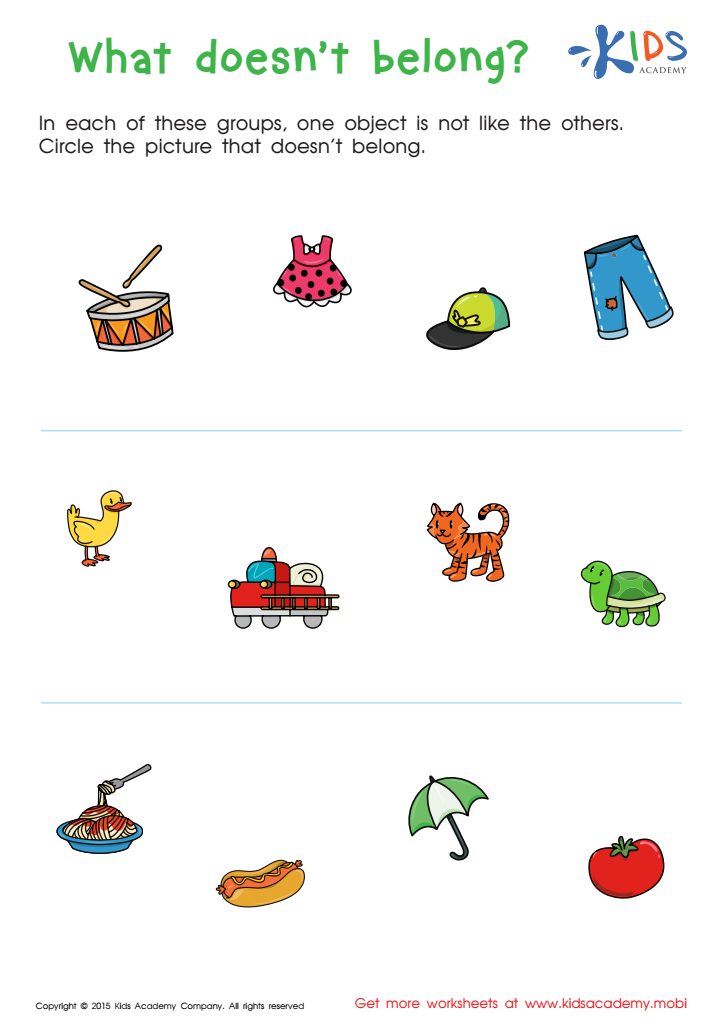

First Words: What Doesn't Belong Worksheet
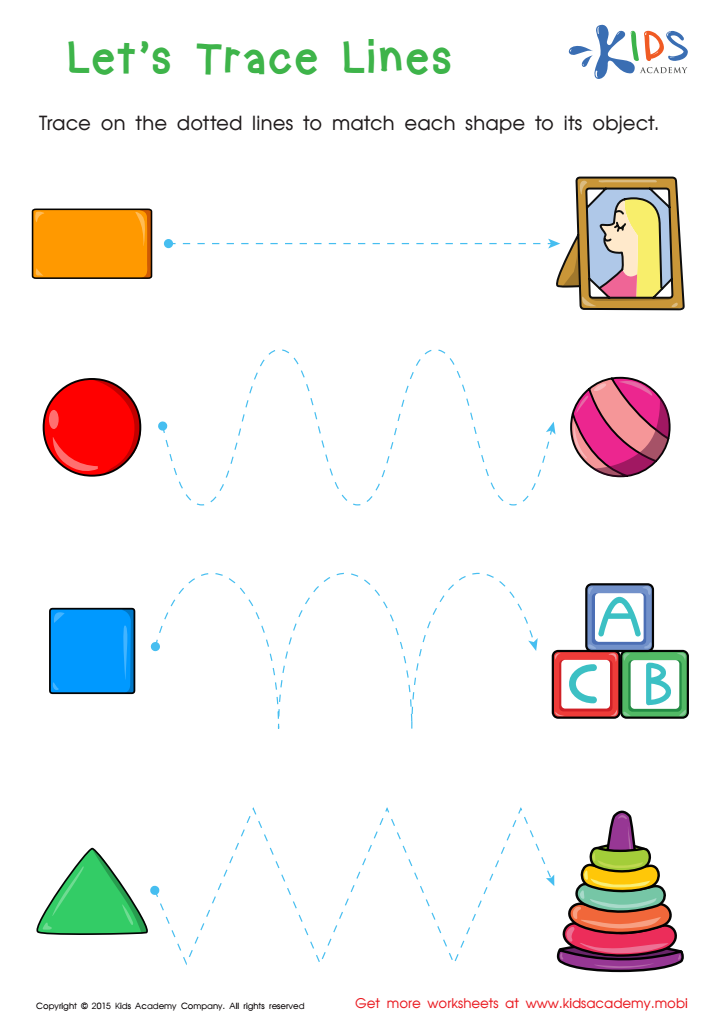

First Words: Let's Trace Lines Worksheet


First Words: Picture Rhymes Worksheet
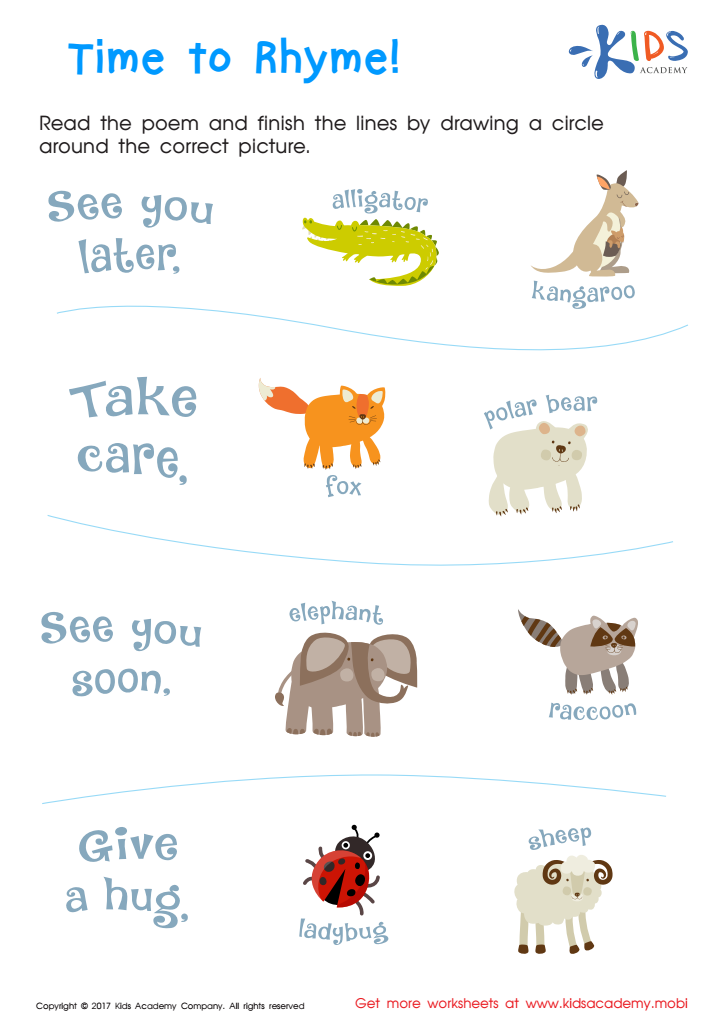

Time to Rhyme Rhyming Worksheet
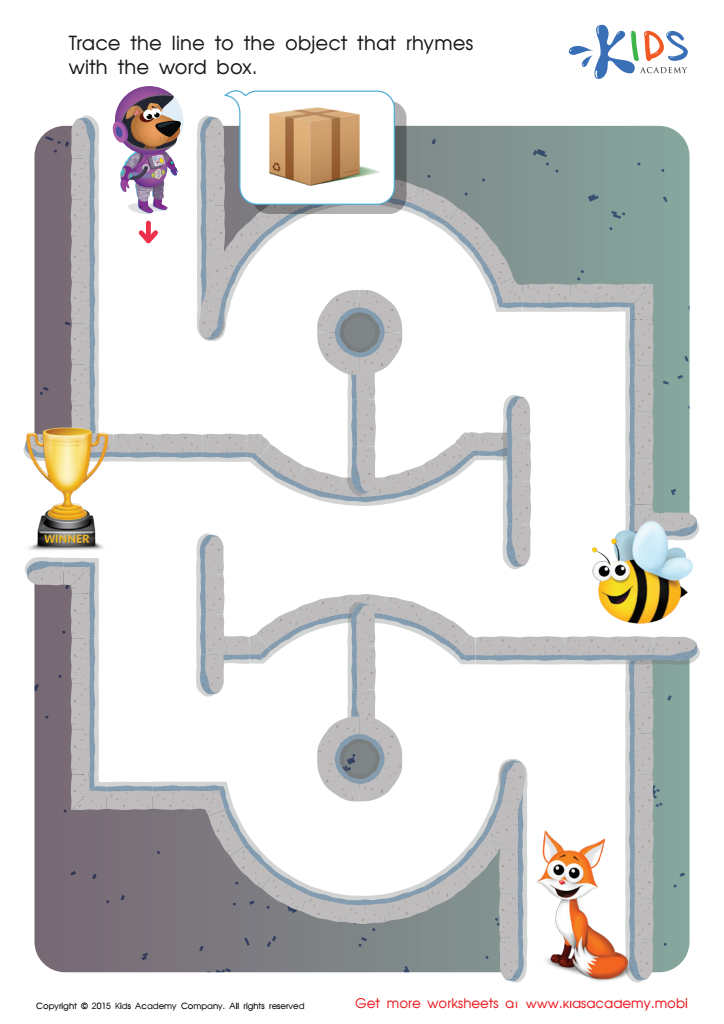

Box Rhyming Words Worksheet
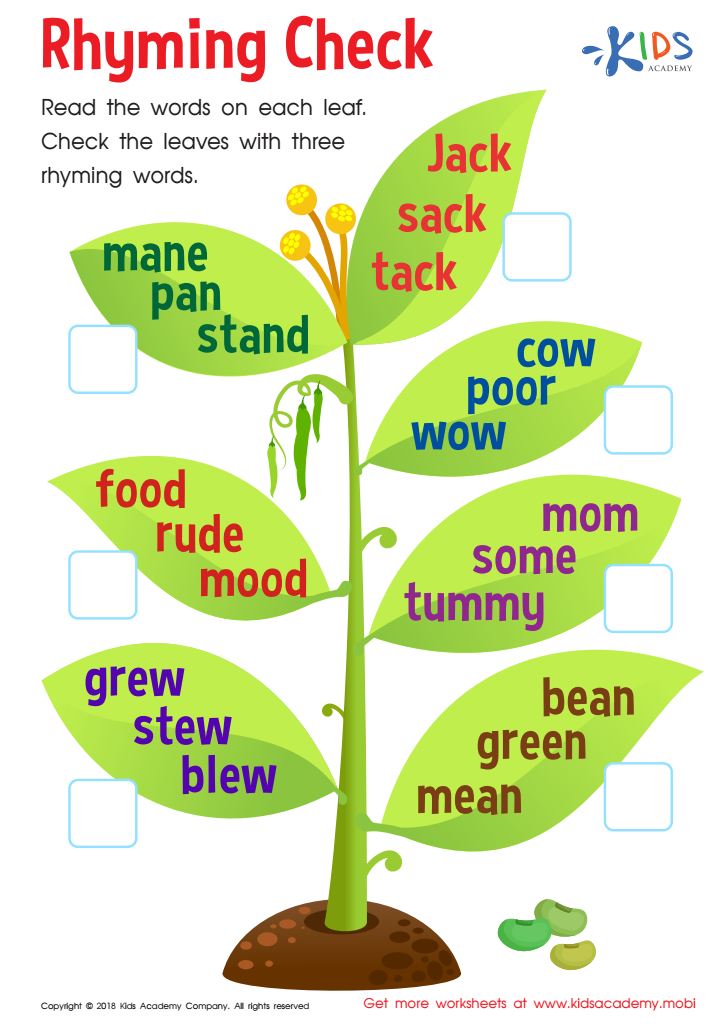

Rhyming Check Worksheet
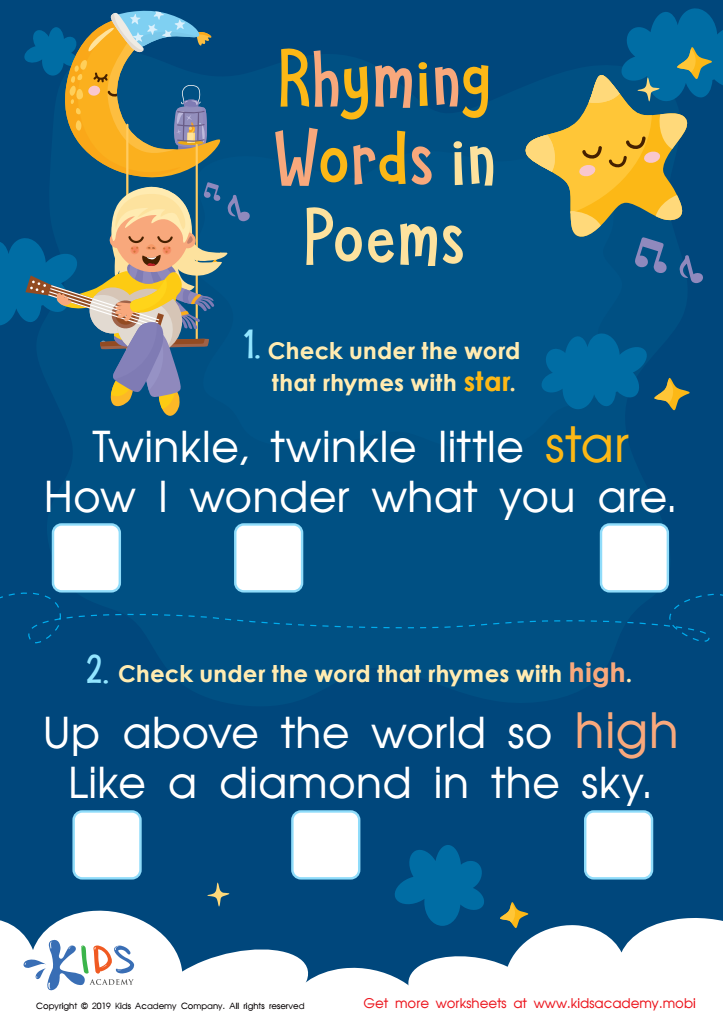

Rhyming Words in Poems Worksheet
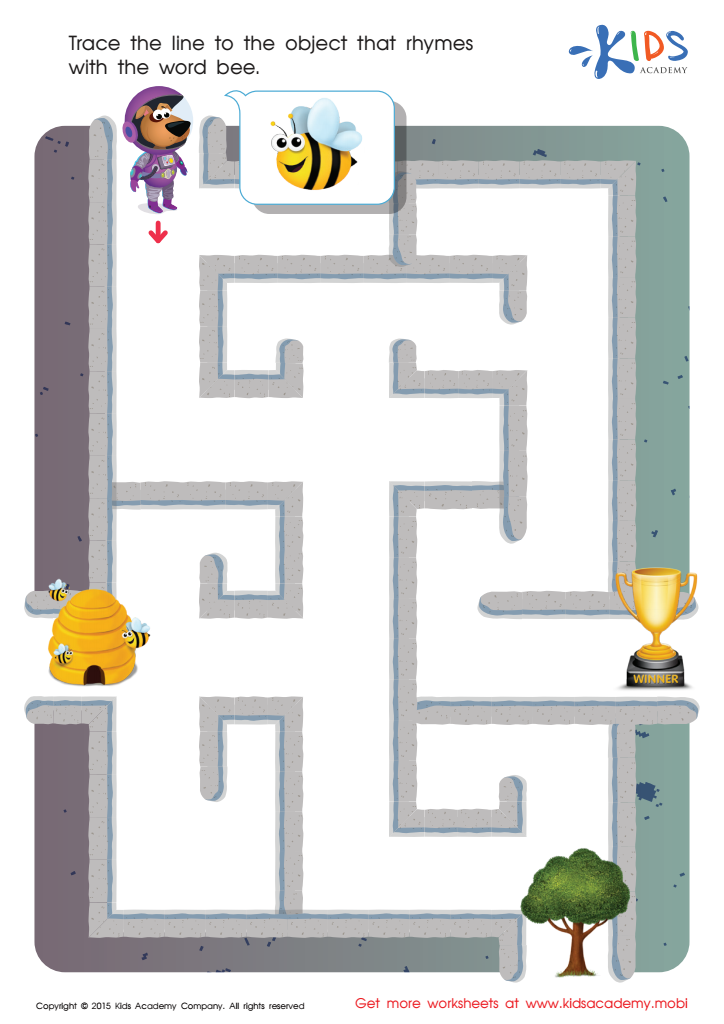

Bee Rhyming Words Worksheet
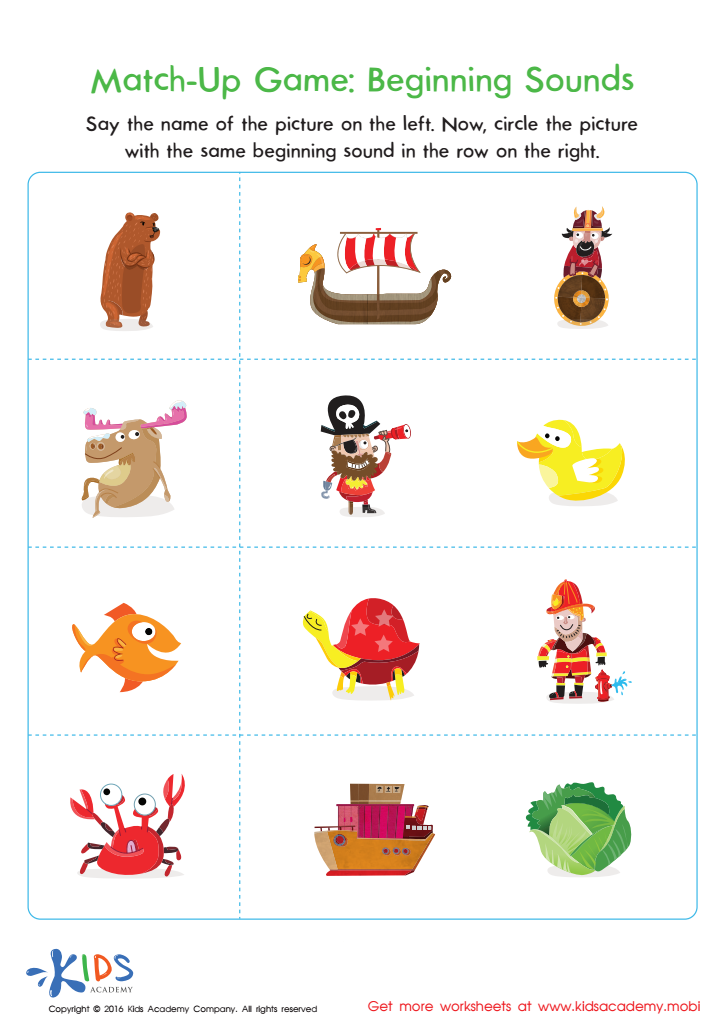

Match–Up Game: Beginning Sounds Worksheet
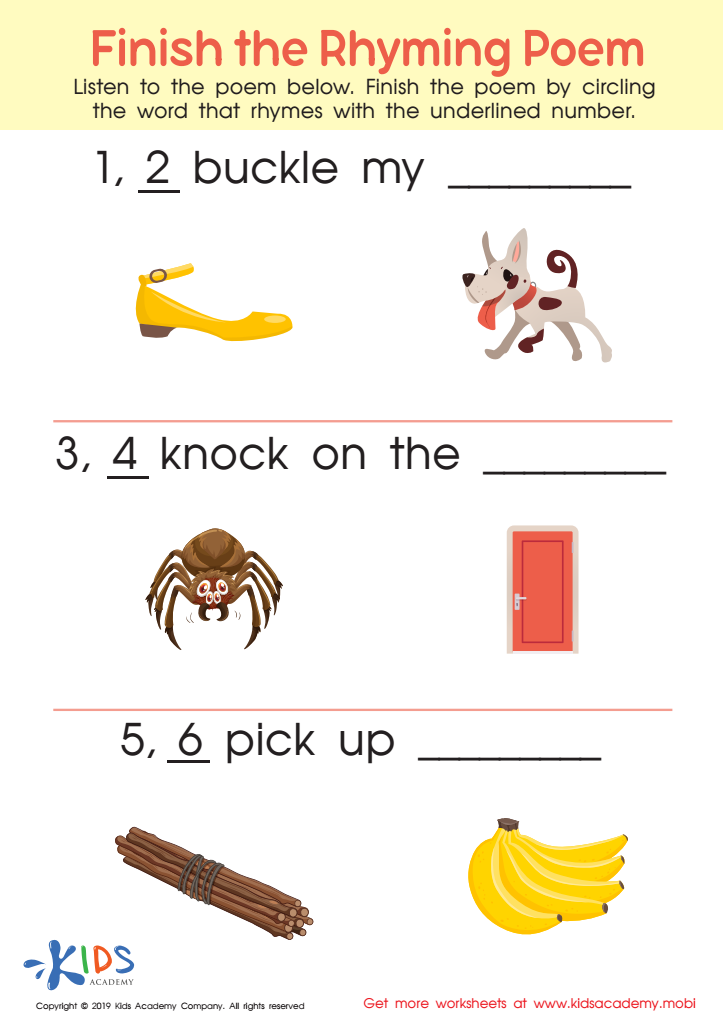

Finish Rhyming Poem Worksheet
Normal rhyming words are crucial for children aged 4-9 as they play a significant role in language development, literacy skills, and overall cognitive growth. Rhyming helps children recognize sound patterns in words, laying the foundation for reading and writing. By engaging with rhymes, children can improve their phonemic awareness, which is essential for decoding words and understanding how language works.
Furthermore, rhyming can make learning enjoyable. Children are naturally drawn to the playful rhythm and melodies of rhymes, making it an effective tool for teachers and parents to foster a love for language. By introducing nursery rhymes, songs, and poetry, adults can create memorable and fun learning experiences that keep children engaged.
Additionally, mastering rhyming words enhances vocabulary. As children explore new words through rhymes, they expand their linguistic repertoire and become more confident in their communication skills. This lays the groundwork for later literacy success.
In summary, incorporating normal rhyming words into educational activities fosters critical language skills, supports cognitive development, promotes engagement in learning, and aids in vocabulary expansion. Parents and teachers should prioritize rhyming to nurture young learners' foundational language abilities.

 Assign to My Students
Assign to My Students












